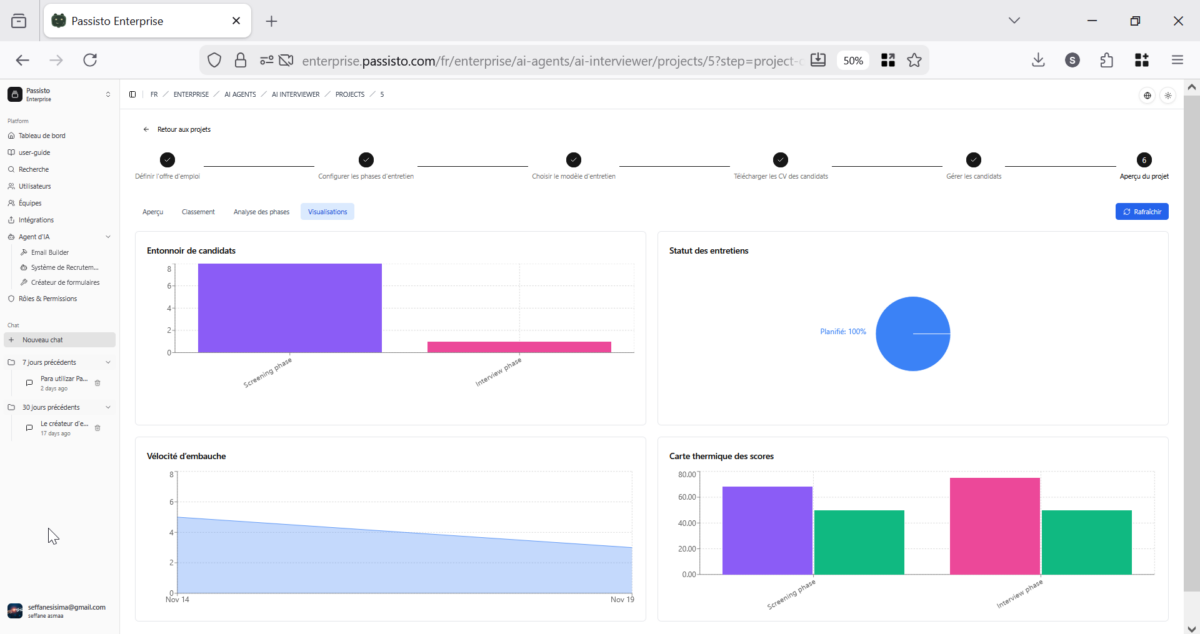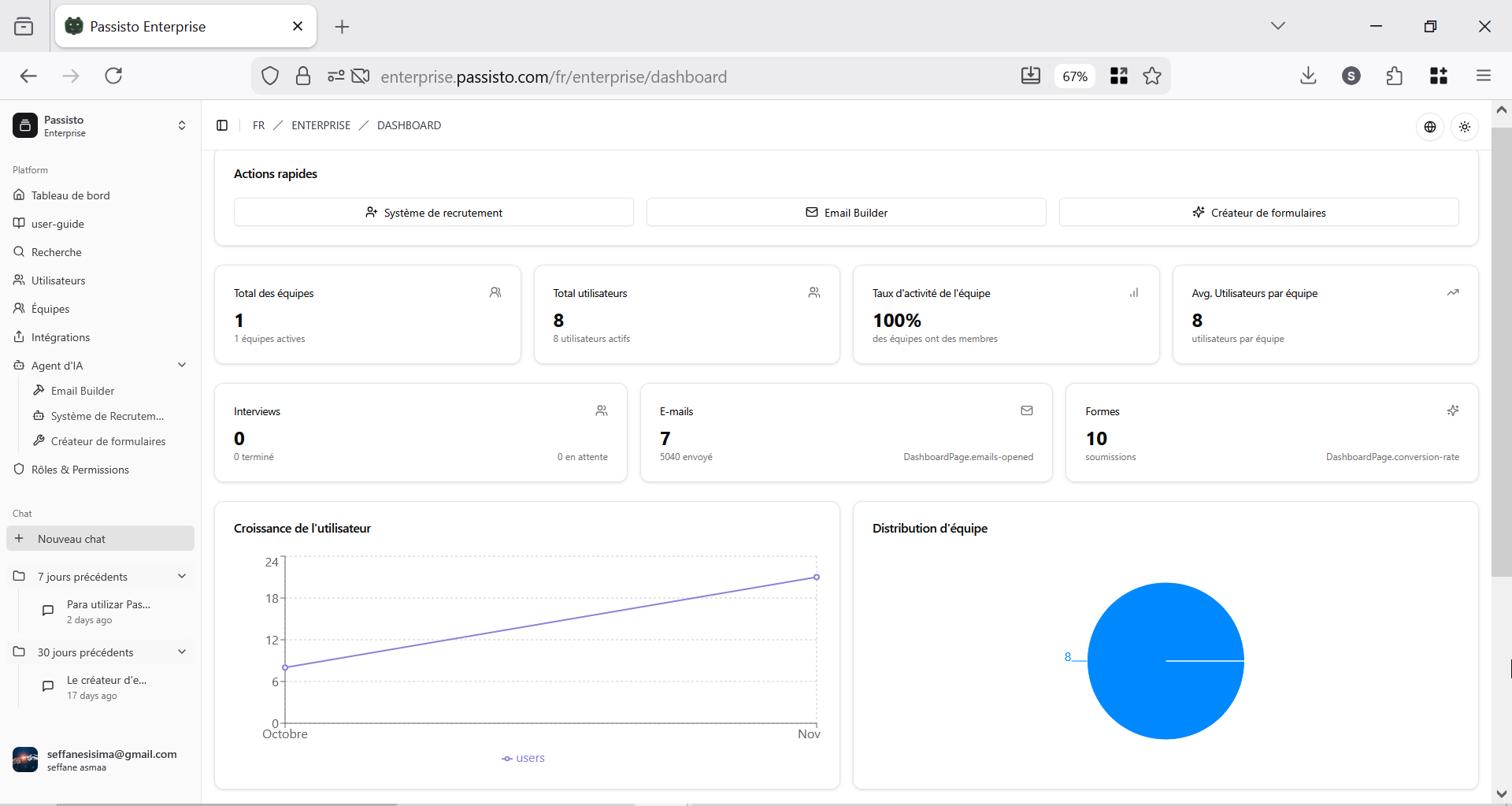Débloquez l’efficacité : Partenaire AI Certifié pour l’Entreprise.
Nous sommes votre partenaire pour une intégration d’Intelligence Artificielle réussie. De nos solutions logicielles prêtes à l’emploi à l’accompagnement stratégique de projet, nous mettons l’IA au service de votre transformation numérique et de l’optimisation de vos processus.
Hiring System : Recrutement Fini, Pertinent et Fiable.
Notre processus d’IA optimise le travail des RH du début à la fin du recrutement. Il identifie les meilleurs candidats et augmente la fiabilité des embauches. La bonne personne, au bon poste.
Partenaire Salesforce : Consulting et Intégration AgentForce.
En tant que Partenaire Officiel, nous injectons l’IA directement dans votre CRM. Notre consulting certifié améliore l’efficacité commerciale et la relation client.
AI Project Consulting : Du Management à l’Exécution.
Nos experts certifiés PMP et MSP prennent en charge l’intégralité de vos projets AI. Nous garantissons une gestion rigoureuse des délais, des budgets, et une exécution technique sans faille.
Passisto Enterprise : La Centralisation de votre SI.
Plateforme prête-à-utiliser qui unifie et centralise l’accès à l’information de votre Système d’Information (SI). Une vision unique pour des décisions plus rapides.









